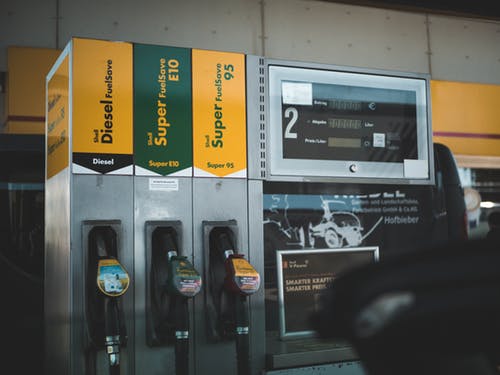The very purpose of testing the engine
is to verify whether the engine is performing well as per the specifications
given by the manufacturers. Also, the tests are also conducted to find the
effects of different parameters like temperature, pressure, altitude
differences, climate difference, etc on the performance of the engine.
There are different types and methods of
testing the engines performance under different conditions. The sole purpose of
this blog is to introduce the effects of different parameters on the working performance
of the engine as well as to find out the methods or change in system parameters
so that the overall efficiency of the engine will improve.
The basic task of mechanical engineers
is to reduce the cost and weight of engine per kW and this should be achieved
at possible running cost. The number of parameters which effect the engine
performance are so many. The study concerning the performance of the engine is
limited to a few factors only as B.P., bsfc, thermal efficiency, mechanical
efficiency, speed and some more factors like pollution, A:F ratio and the inlet
conditions. The useful range of these parameters is also limited by the factors
like mechanical loading, overheating and knocking.
Performance
Parameters:
The performance of an engine is an
indication of degree of success for which engine is designed. The degree of
success is compares on the following basis:
a.
Brake
Power Developed or BMEP,
b.
Specific
Fuel Consumption,
c.
Specific
power output,
d.
Pollution
produced from the engine.
The use of engine for normal and
industrial purpose decides the relative importance of these given parameters.
The specific power output is more important in Marine engine whereas specific fuel consumption is more important
for Industrial engines.
In order to evaluate the performance of
engine, certain basic parameters are chosen and the effects of various design
parameters and operating parameters are
studied.
The basic parameters which can be
considered are:
a.
The
brake power and mechanical efficiency,
b.
Thermal
efficiency,
c.
Specific
fuel consumption,
d.
Volumetric
efficiency,
e.
Exhaust
emission.
Performance
of SI Engines:
Normal engines are used at constant
speed but under variable load conditions for power generation and many domestic
applications. Similarly, the engines are used under variable speed and load like
automobile engines. Therefore, the performance characteristics of the engine
are discussed for variable load conditions when speed is constant and
performance characteristics under different conditions like variable load and
speed.
The most important parameters which are
of interest are IMEP which
indirectly exhibits the I.P. developed
and maximum mechanical stresses to be faced by the engine components. Another parameter
is mechanical efficiency which is an indicator of frictional losses in the
engine caused by moving parts of the engine. The other two parameters are
specific fuel consumption and brake thermal efficiency which are responsible
for economical running of the engine. The last factor is volumetric efficiency
which is important to indicate the amount of the air fuel mixture taken in
during suction stroke by the engine which is responsible for the power to be
developed by the engine.
Also, there are some design parameters
like compression ratio and atmospheric parameters like temperature, pressure
and humidity which also directly affects the performance and overall efficiency
of the engines.


No comments:
Post a Comment